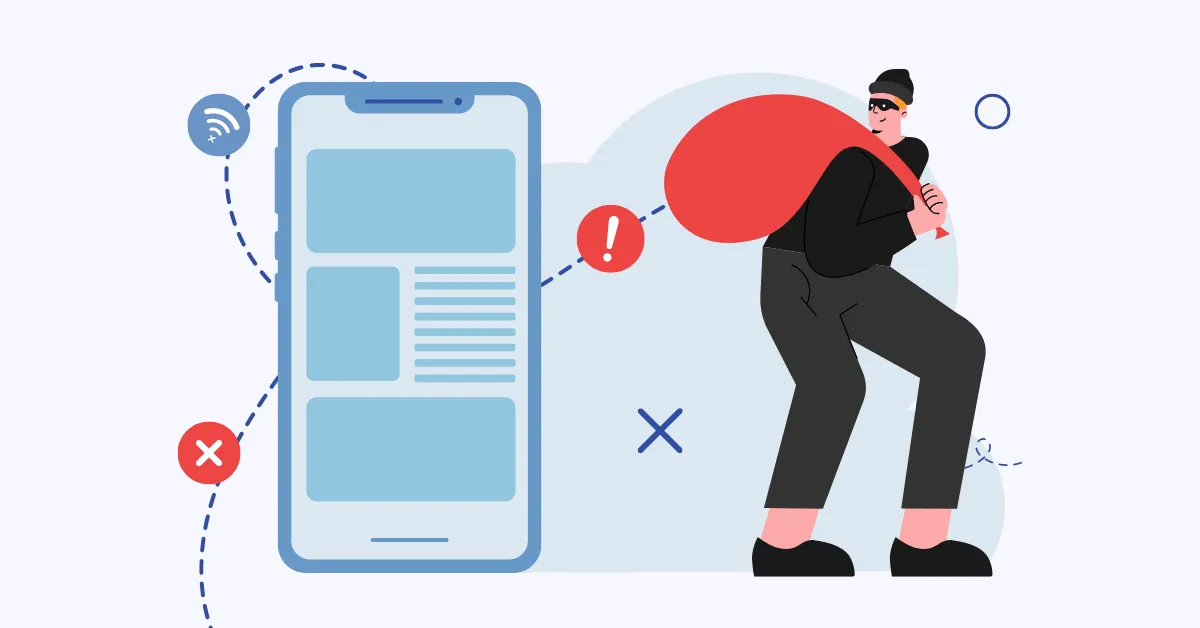For as many legitimate opportunities that it generates, the internet is a scary place that is also rife with cons. Anonymity leads to all kinds of creativity when it comes to separating hard working people from their money.
You might not think that as an affiliate marketer you’d be a big target for internet scams, but criminals are nothing if not innovative!
As an affiliate marketer, you know that your bread and butter comes from the commission you generate when a reader of your content either clicks the link on your post, makes a sale from the link on your post, or uses an affiliate code associated with you. Unfortunately, since these income streams are passive, they can be targets for bad actors.
Stay alert for these tricks!

Pay-To-Join
In a pay-to-join affiliate scam, the scammer will ask you for your credit card or other payment information in order to join their affiliate program. Unless it is a multi-level marketing company, which has its own separate issues, this is likely to be a fake lead to get you to provide personal information.
As a rule, affiliate marketing programs should not charge you to become a partner. As an even better rule, don’t give out your credit card information on the internet unless you vet the site first!
Fake Links
You know the power of changing a link—it’s very easy to make a link address look like it belongs to a legitimate company, while sending you to a completely different site. The site might even have a similar website name and look to the real one, or even seem like its own legitimate company, but actually be a phishing attempt to capture your personal information.

This technique is called “URL hijacking” and it can even be done with Google ads. Scammers could even send a link like this to you in a DM or email. Another red flag for this type of scam is many redirects when you click the link, or a shady looking site that isn’t professional.
If you do find that you’ve clicked on a shady link, run antivirus software and clear your cookies just to be safe. Make sure you use Google to search for that website to help you determine its legitimacy. You can also look for testimonials or reviews by other affiliate marketers.
Unsavory Terms and Conditions
Finally, even if a company is otherwise “legitimate,” they might not be working in good faith. Before you agree to become an affiliate partner, make sure you read before you sign on the dotted line. The commission structure might either be too good to be true, or it might not be worth your time. If you have the resources, you might even want to get an attorney to review these types of legal contracts. Sure, they’re pricey, but it’s always better to be safe than sorry!
Wrapping Up
Stay vigilant to avoid these scams! Organizing your affiliate data with a tool like Shared Vision can add an extra layer of security. Plus, Shared Vision’s automatic deep-linking helps you bypass fraudulent links. Sign up for Shared Vision and get peace of mind.






